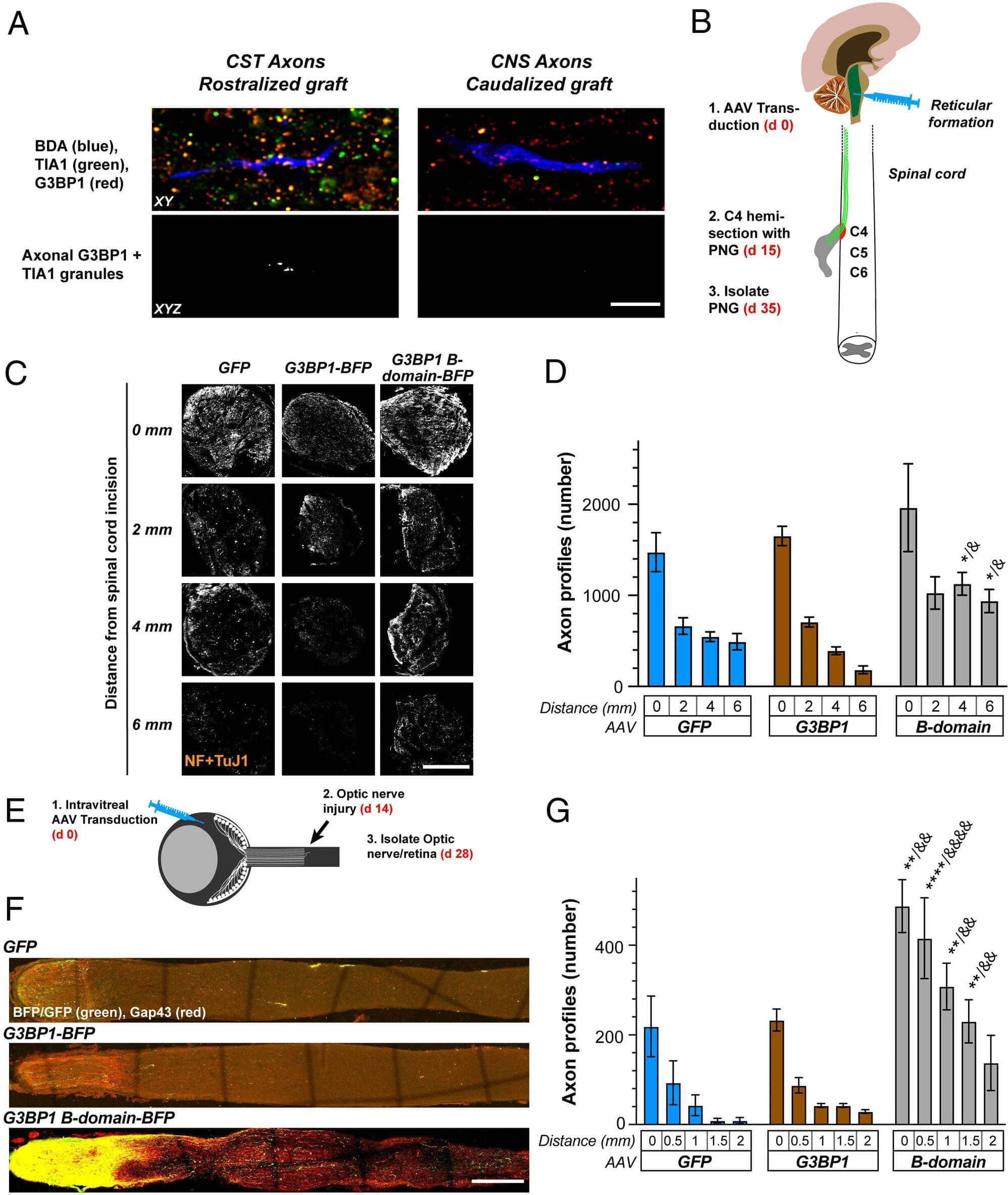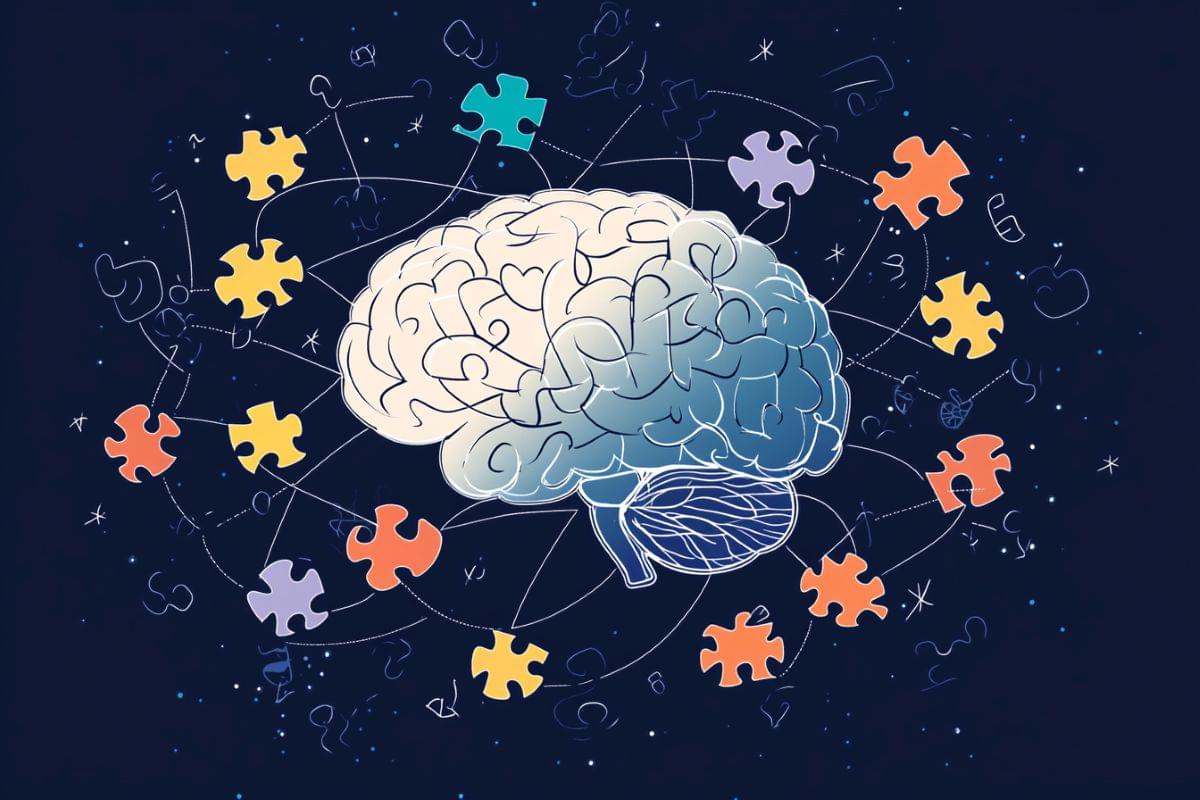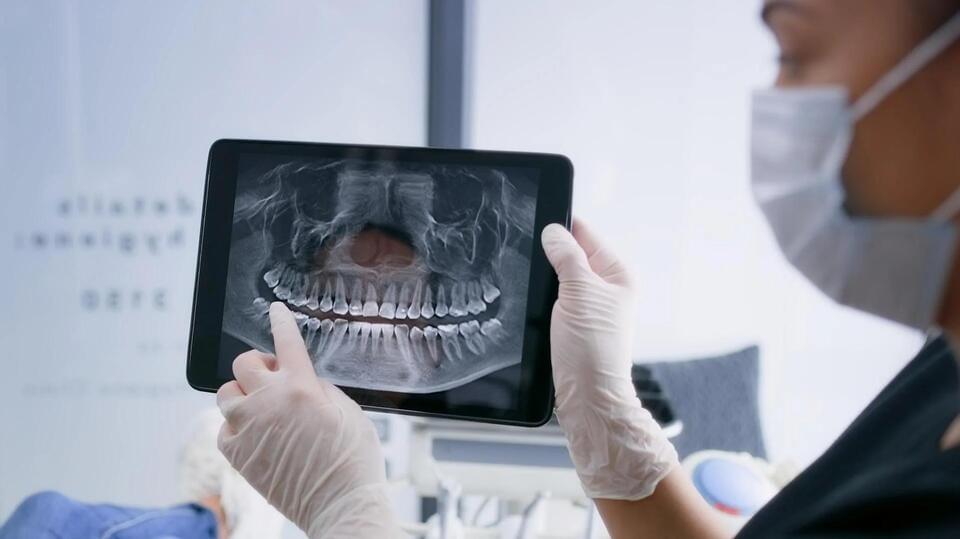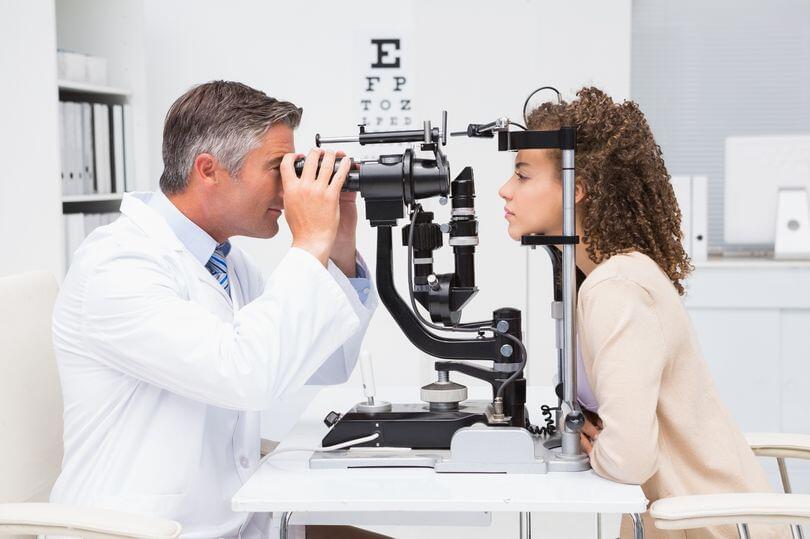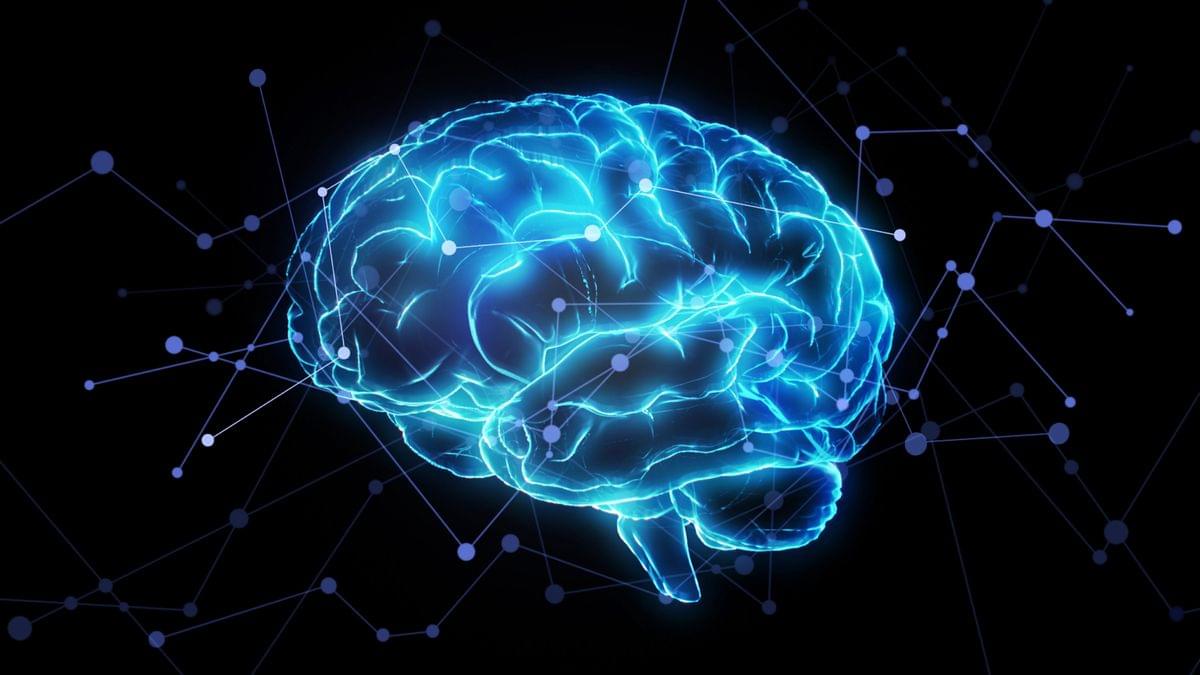Each year, according to the National Institutes of Health (NIH), millions of people in the U.S. are affected by spinal cord and traumatic brain injuries, along with neuro-developmental and degenerative diseases such as ADHD, autism, cerebral palsy, Alzheimer’s disease, multiple sclerosis, epilepsy and Parkinson’s disease.
Assistant Professor Pabitra Sahoo, of Rutgers University-Newark’s Department of Biological Sciences, has made it his life’s work to understand how our neurological system becomes damaged by these injuries and conditions, and when and how neurons in our central and peripheral nervous systems regenerate and heal.
Recently, Sahoo and his RU-N research team made a breakthrough, using a peptide to help nerve cells in both the peripheral and central nervous systems regenerate. They published their findings in Proceedings of the National Academy of Sciences.
